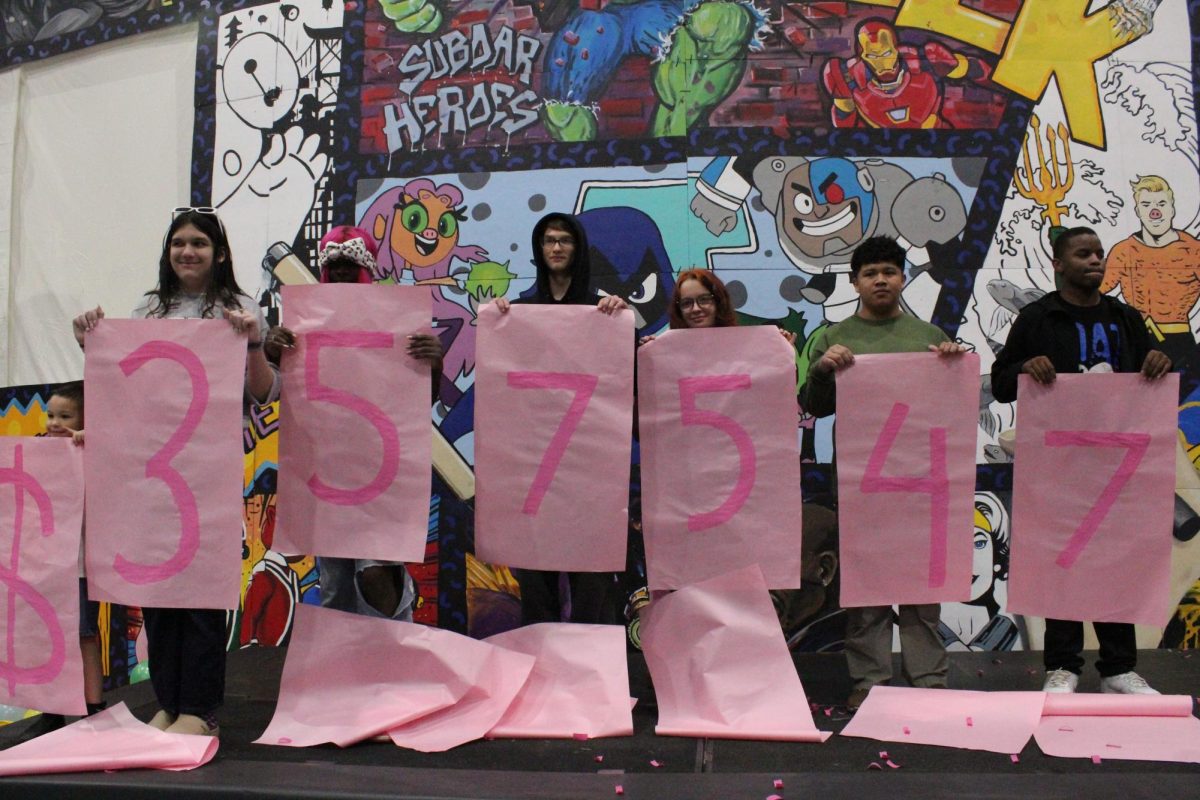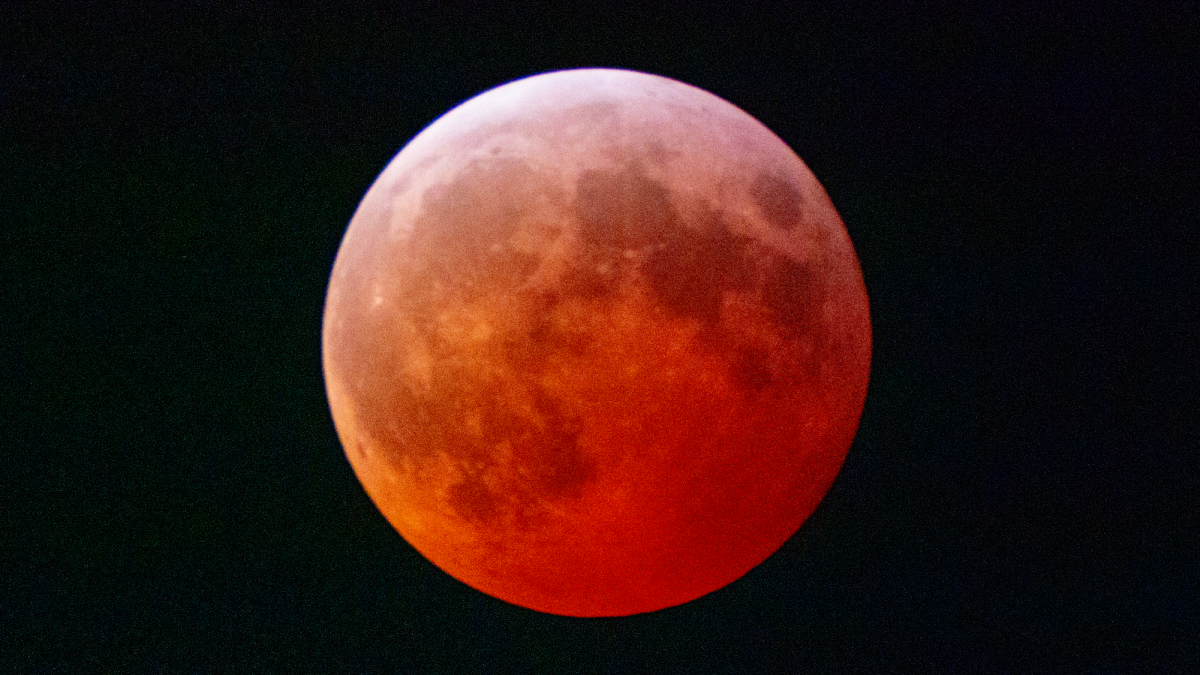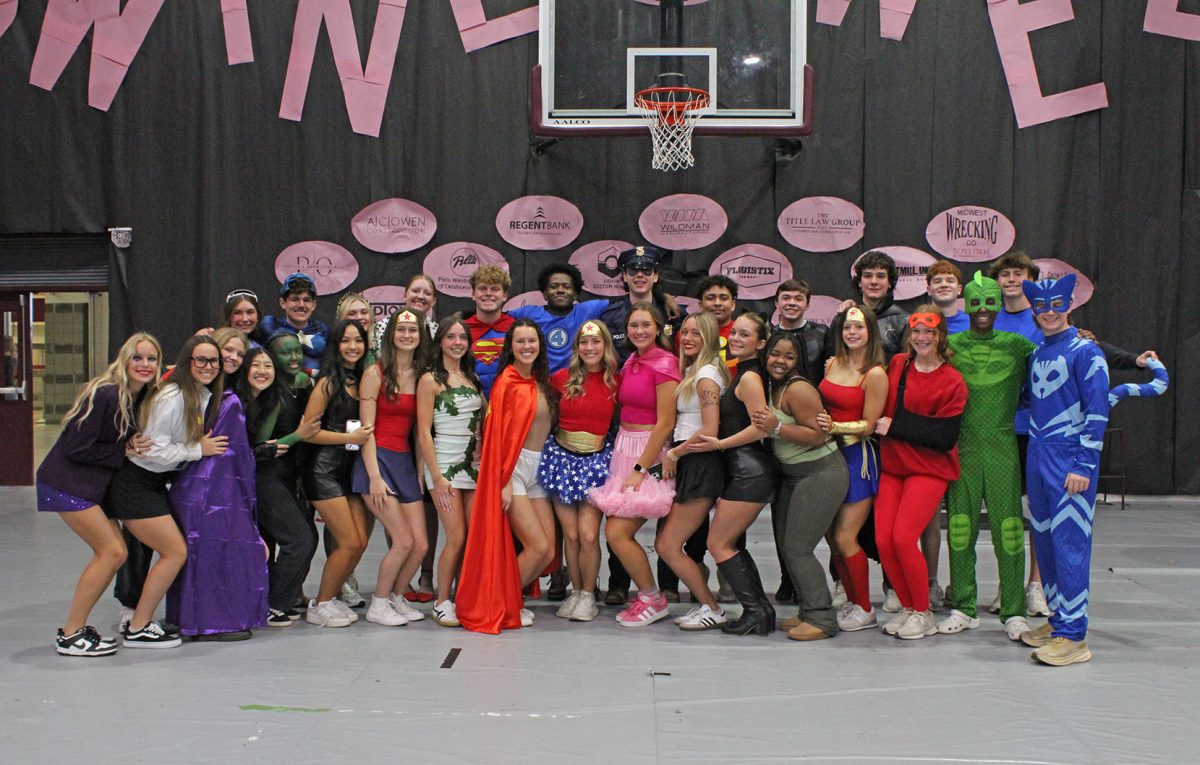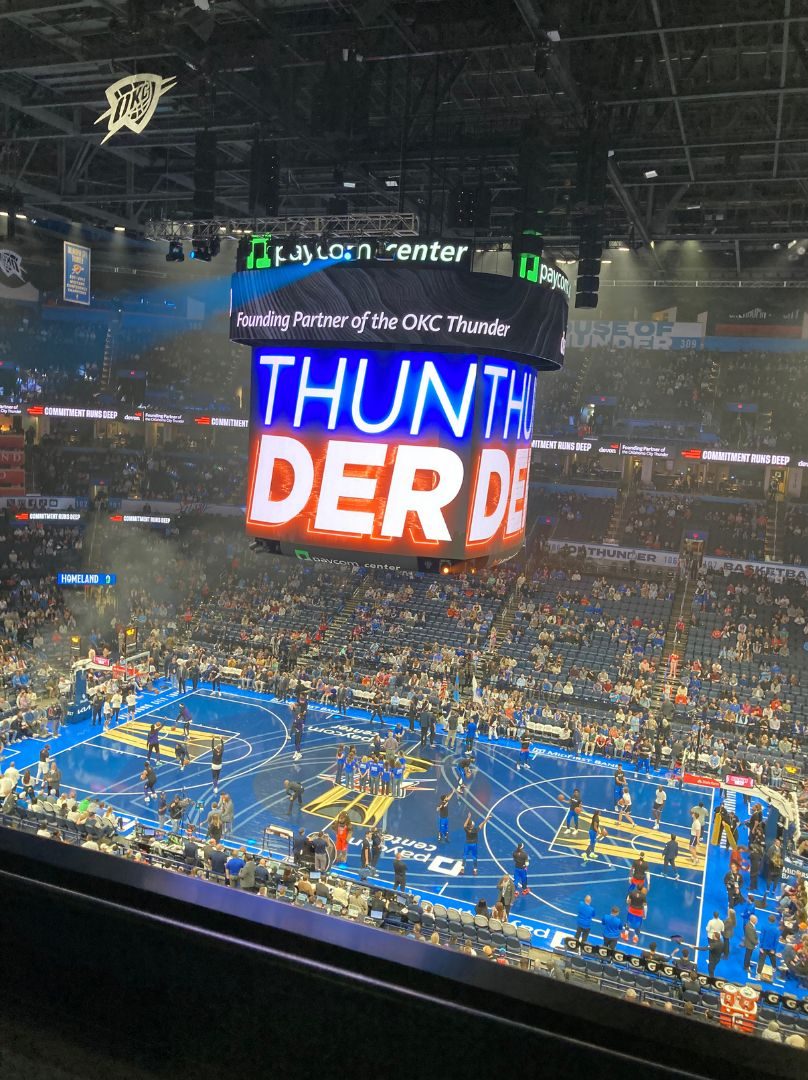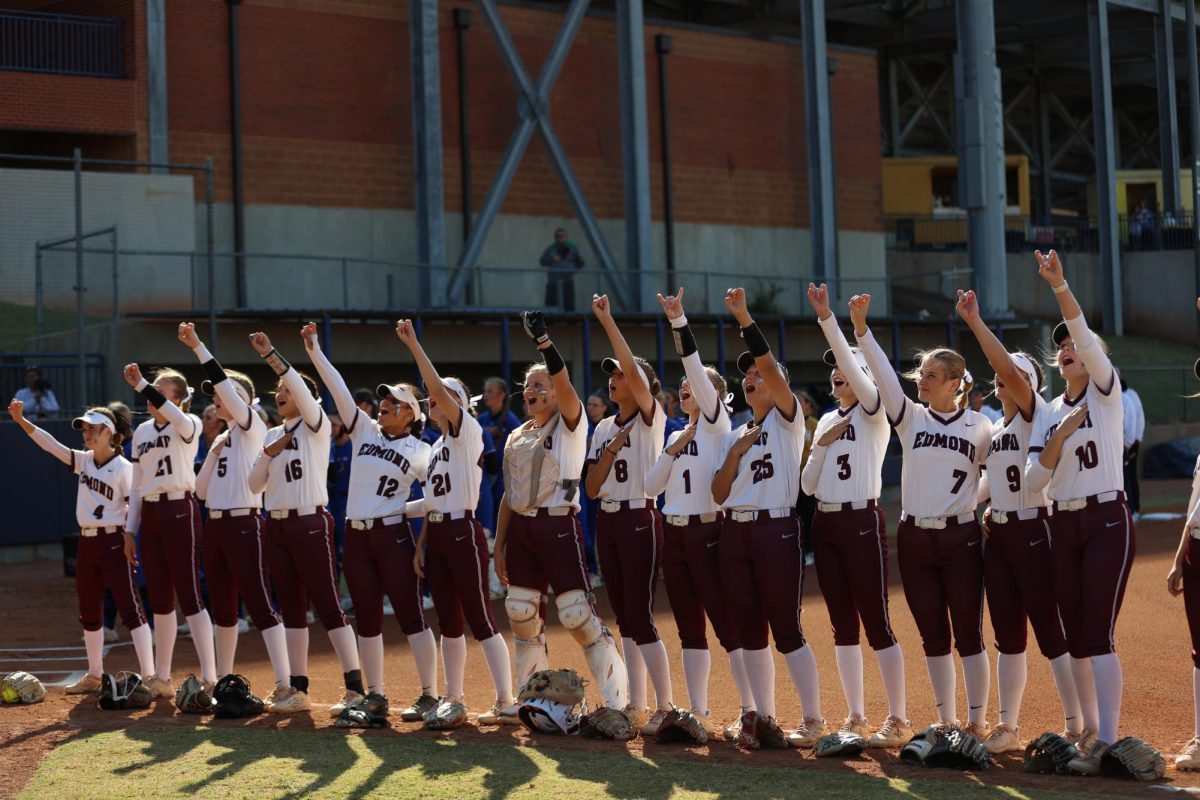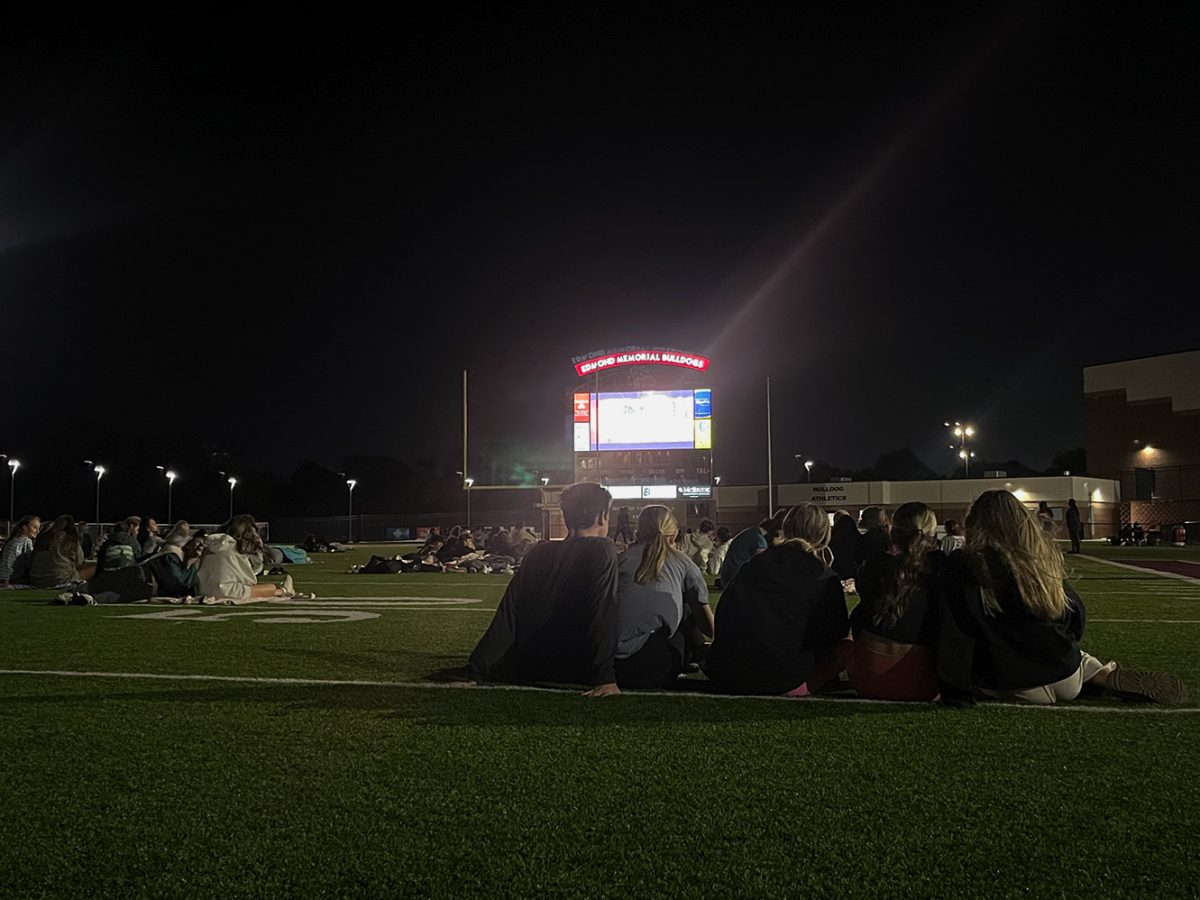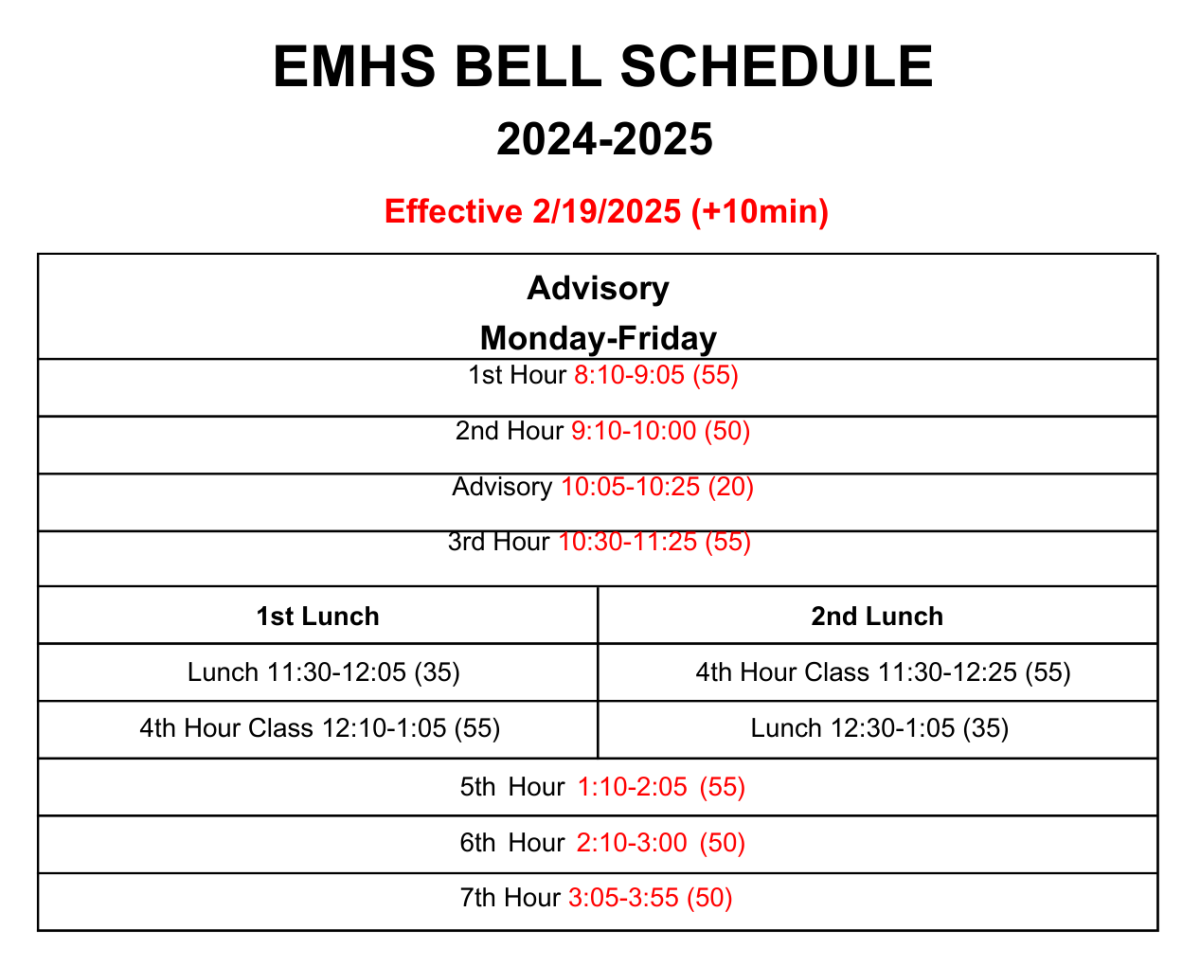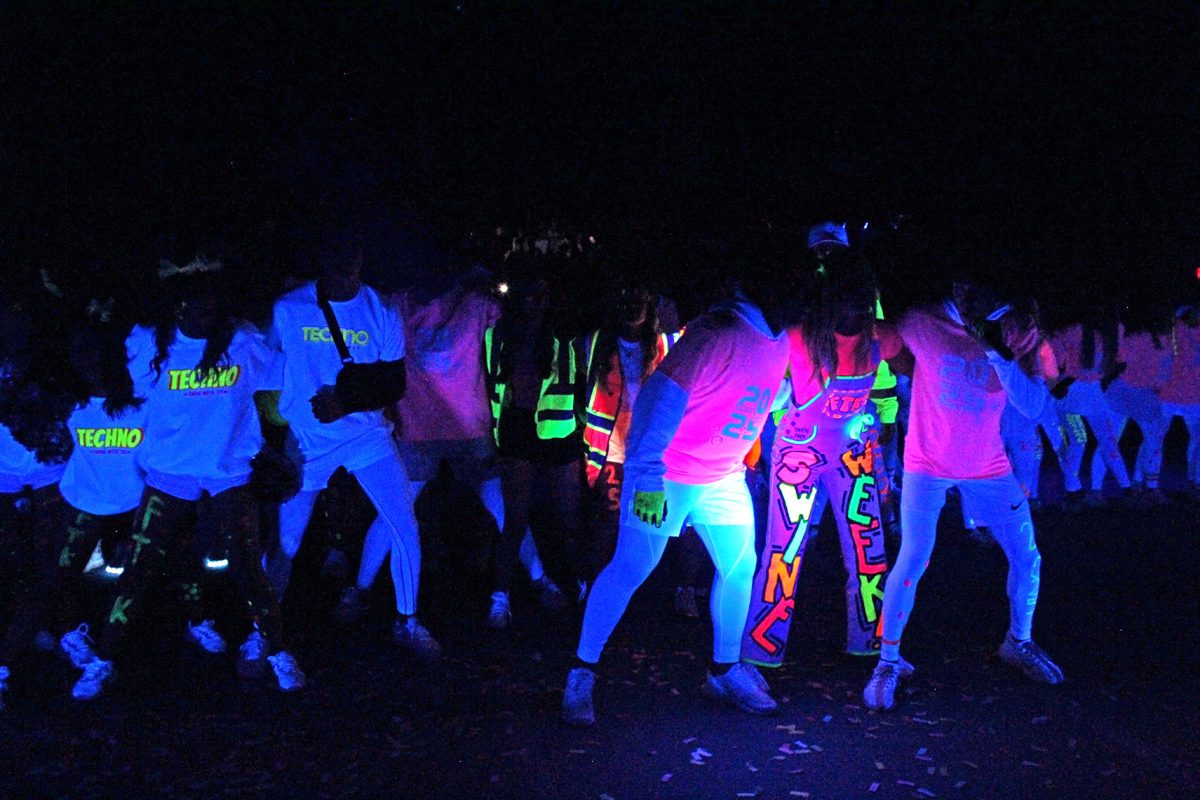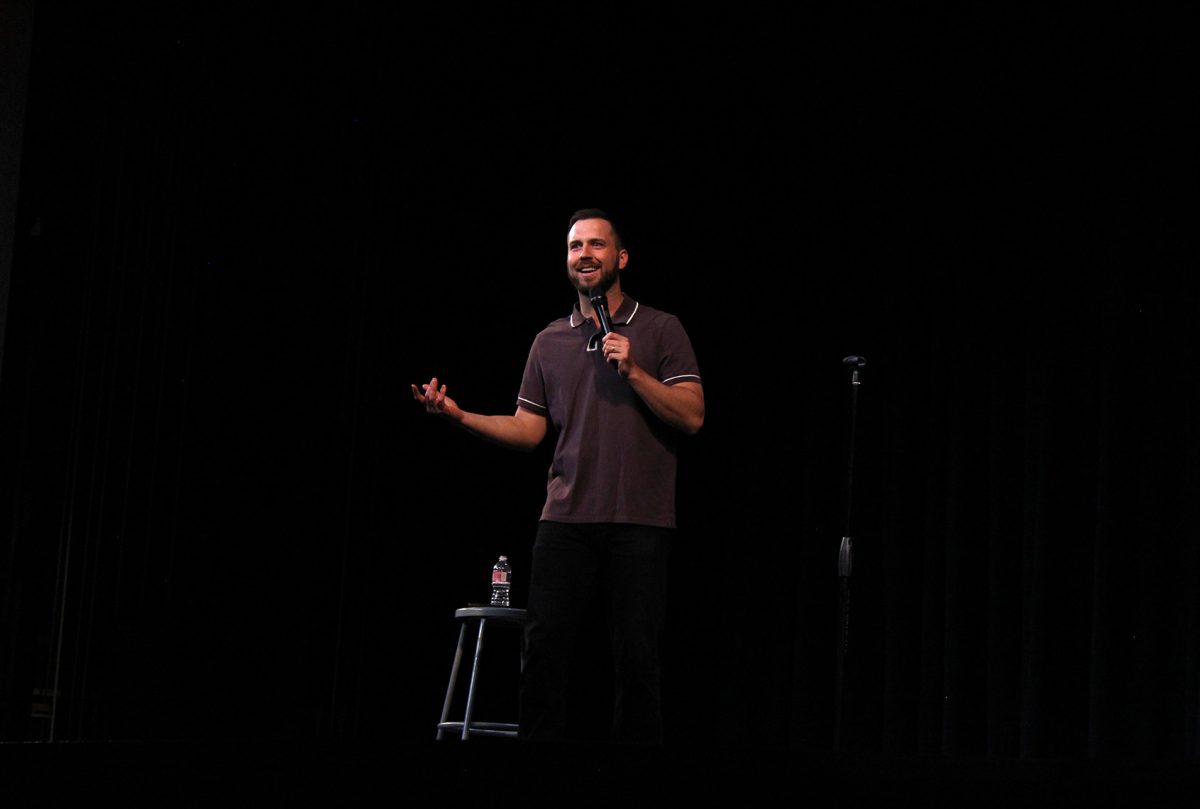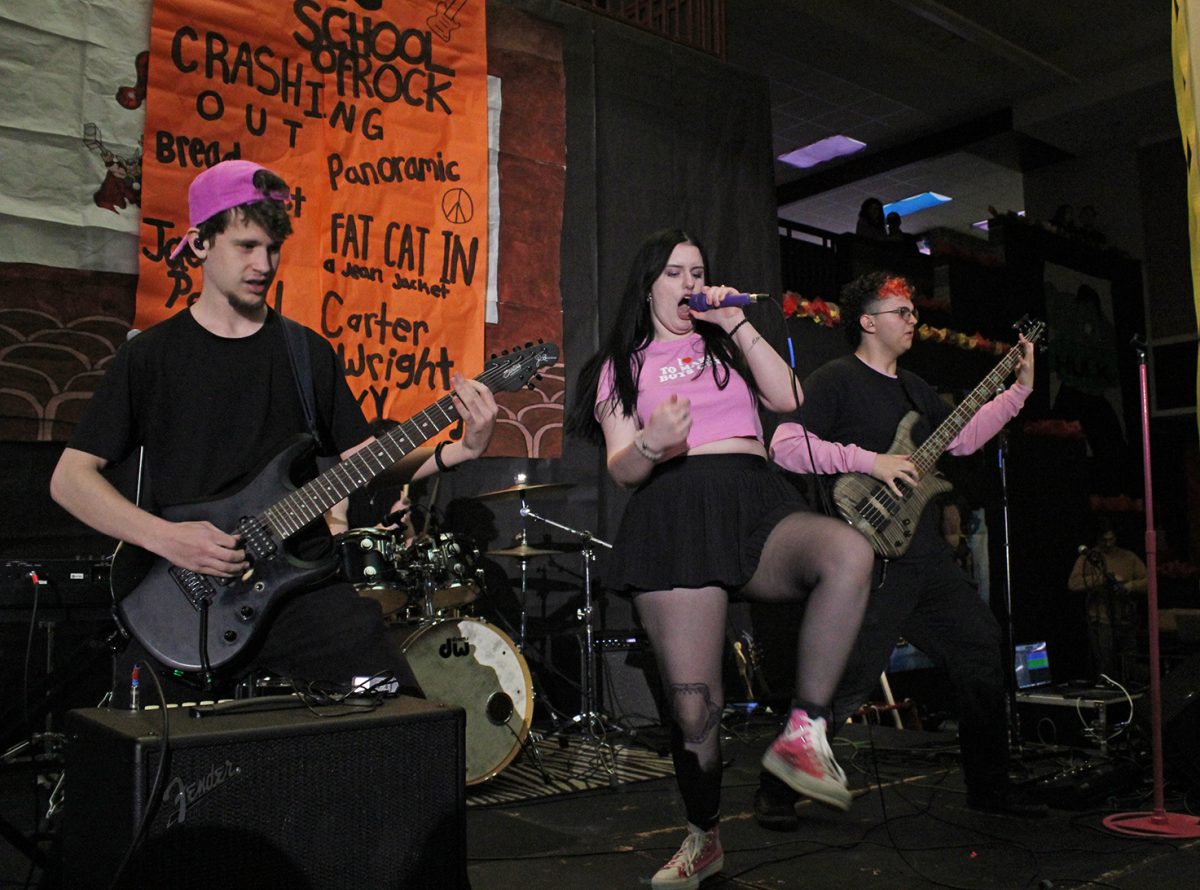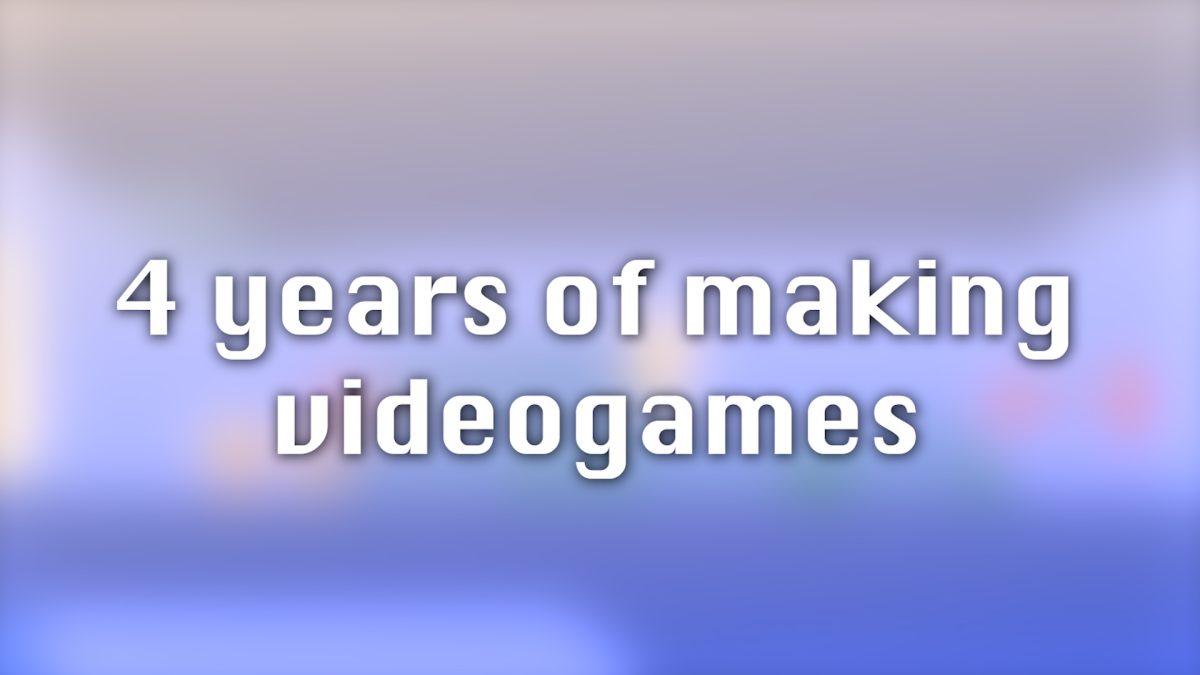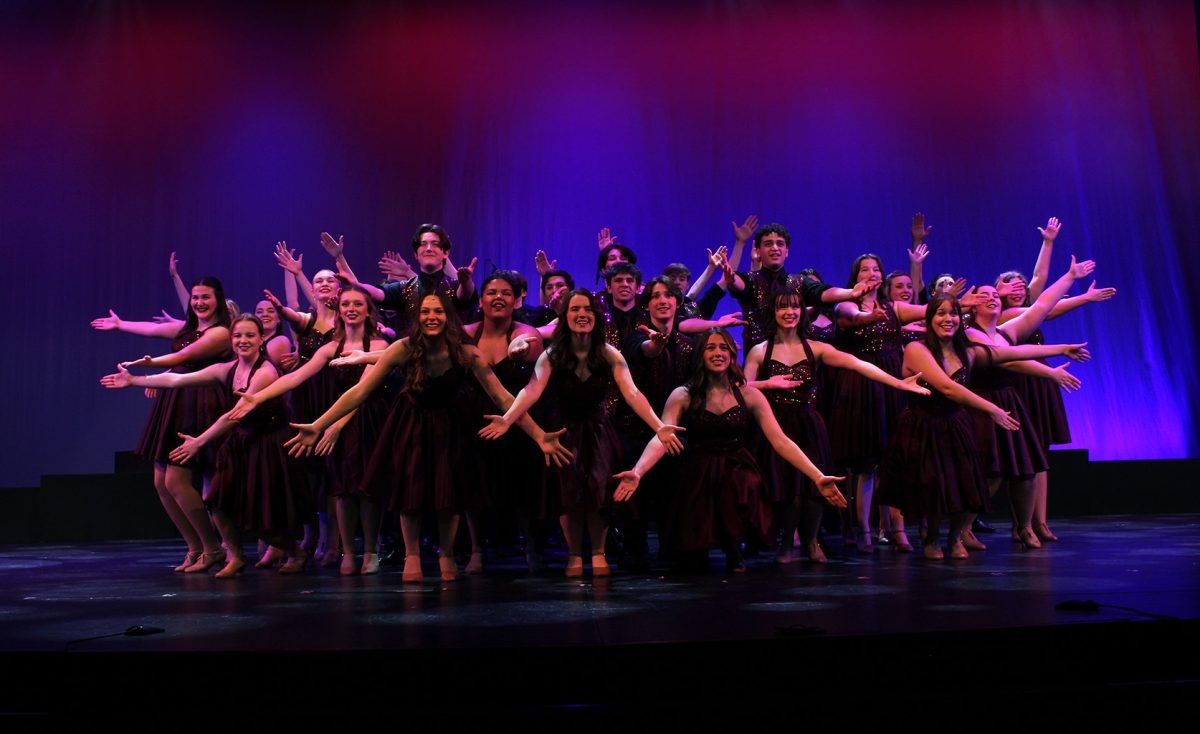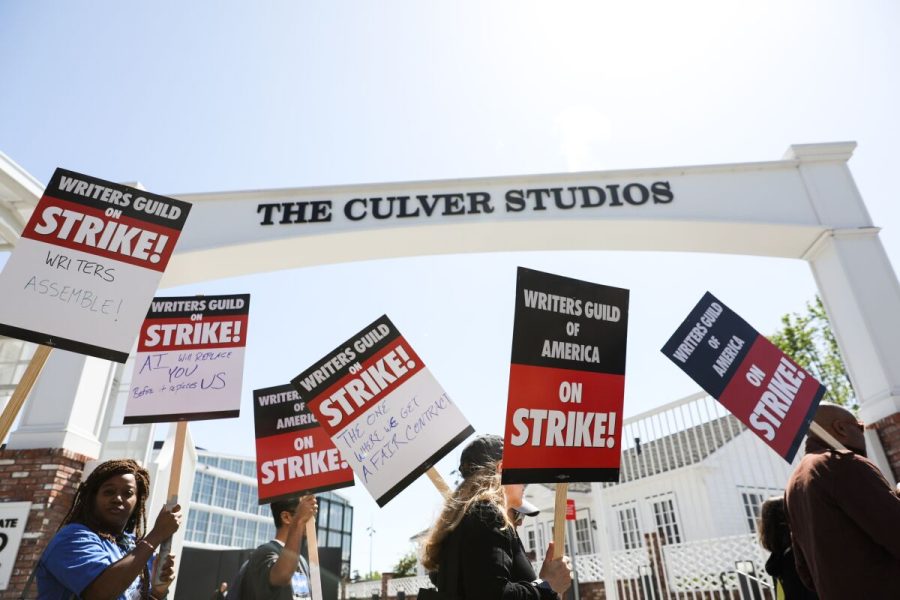Writers strike in Hollywood and New York City
Script writers strike across the nation.
May 15, 2023
On May 2, the Writers Guild of America (WGA) went on strike against the Alliance of Motion Picture and Television Producers (AMPTP). The WGA is split into two different divisions, both representing the two different regions of the United States. WGA East headquarters in New York City (NYC), and WGA West offices are located in Los Angeles, California. The strike is currently taking place in both major cities and has caught major public attention over the past week.
The WGA is a labor union that represents about 11,500 writers who write scripts for television shows, movies, documentaries, news programs, video games and more. The strike itself started as a result of failed negotiations between the WGA and AMPTP. The disagreements concerned compensation pay for the screenwriters, with the WGA also calling for increased health plans, increased pensions and more overall protection for writers. The WGA has claimed that the need for negotiations stems from a 14 percent decrease in pay for screenwriters in the last five years when adjusted for inflation.
This is not the first time that the WGA has conducted a strike against the AMPTP. Back in 2007, the WGA held a strike after a disagreement over a new contract, with WGA asking for more compensation for digital technology, which at the time was the internet. Both these events show that each party has a history with one another and that tensions have consistently remained high.
One reason for the recent strike and writers having lower pay has been a result of streaming. Companies like Netflix, Hulu and Peacock have been creating more and more movies and shows that are only available on the apps, which has caused less compensation percentage to be given to writers.
Many late night shows such as the Jimmy Fallon Show, Jimmy Kimmel Live and the Late Late Show with James Cordan have all stopped production and are instead airing reruns on live television as a way of promoting the strike. Other celebrities such as Christopher Nolan and Rob Lowe have been pictured joining the strikes in Hollywood and NYC.
All in all, negotiations are still on-going and both parties have not agreed to anything yet. Cinema fans and the media are hoping that in the next couple of weeks an agreement can be reached; if not, Hollywood and cinema might fall into shambles. If no one is willing to write any movies or television shows, then how is entertainment supposed to expand?
Contact Ryan White at ruffdraftemhs@edmondschools.net

